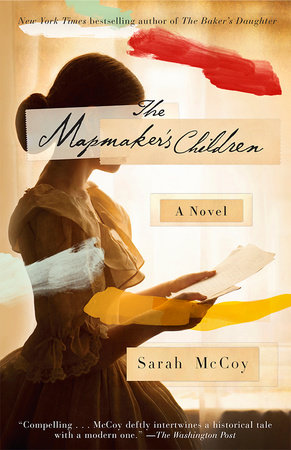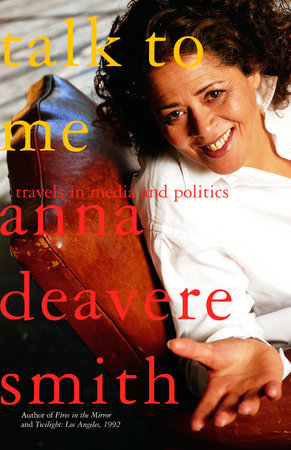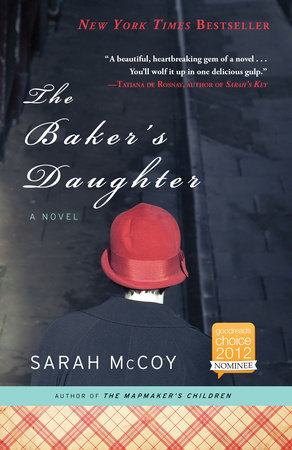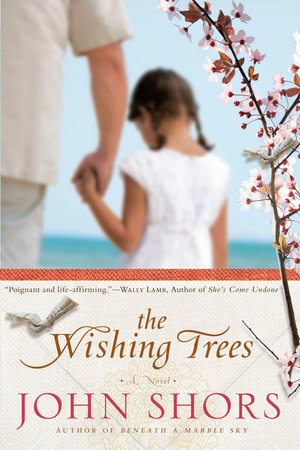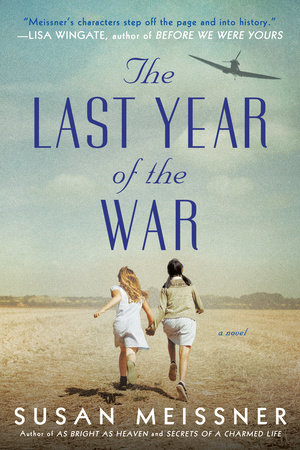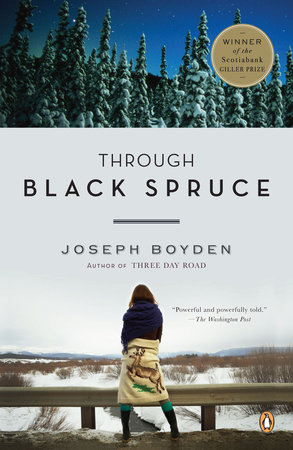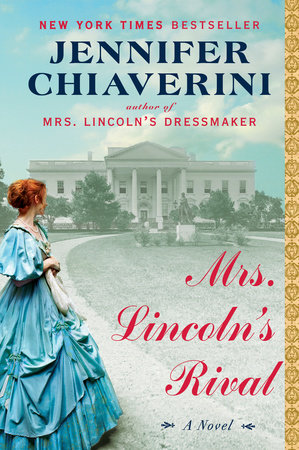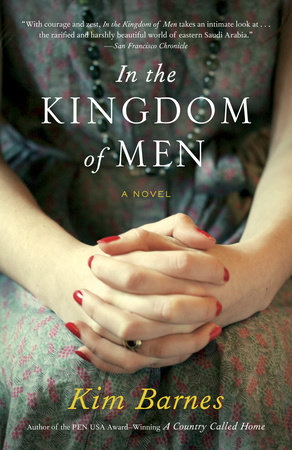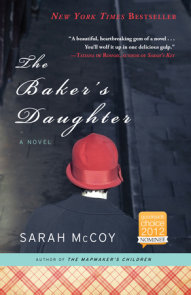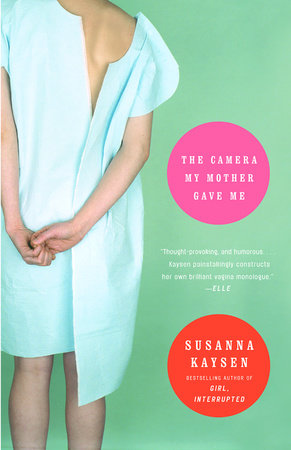Author Q&A
Q: In The Time It Snowed in Puerto Rico, the descriptions of the sights and smells of Puerto Rico are so evocative, the reader feels transported to the Caribbean. What sounds, tastes, and smells make you feel transported to that region?
A: In my daily life, I’m incredibly influenced by my senses. The sound of the wind through summer leaves reminds me of lazy Virginia days. The taste of lemon-drop candies takes me back to the candy dish in my grandma’s Oklahoma house. When I see snowcapped mountains, I’m transported to my childhood in Germany. The smell and feel of gardenia buds against my cheek reminds me of my grandparent’s farm in Puerto Rico. Having been a child in a military family, I’ve lived a gypsy life so my memories are a sensory stewpot. I get unending glee running into a sight, smell, sound, taste, or feeling that instantaneously takes me back somewhere I thought I’d forgotten but no, it’s there inside of me.
In writing this novel, I had the advantage of going home to Puerto Rico about three-fourths of the way through writing. It was incredibly helpful to stand on the porch of our house and look out over the island, seeing it both as my familiar home and as the new place I’d created in my imagination. I took copious notes and photos of all the small details—the roosters crowing each dawn, the way my bedsheets stuck to my body in the July heat, the taste of coconut milk drunk right from the hairy nut, my grandma’s singing as she cooked, the clean smell of my grandpa’s cologne and starch in his guayabera, everything. I wanted to experience it all fresh to help evoke my childhood memories. From that trip, I was able to fully remember details of things that before had only been bleary recollections: the first time I saw a cockfight and then faced frozen chicken feet in Grandma’s freezer; the beat of bongo drums and click of my mom’s dancing heels on the tiles; the smell and taste of Grandma’s sofrito sizzling in a pot. These and so much more transport me to Puerto Rico.
As a writer, I believe one of my most fundamental jobs is to create what John Gardner called “the fictional dream.” Meaning, I’m recreating Puerto Rico on the page in the hopes of transporting my readers to that reality. As human beings, we process our world through our senses; therefore, it’s crucial that I provide as much tactile description as possible. Of course, there must be balance. A book of all description is nothing without the beating hearts of characters within, but it’s through those characters’ sensory experiences that the reader is able share in their worlds.
Q: At heart, this is a novel about the meaning of family. How did your family shape the story and the writing process? How do they feel about the book?
A: My family plays a vital role in both my life and my writing. I’m incredibly close with my parents and two brothers, my grandparents, aunts, uncles, and cousins. They are my support system when I feel the sky is falling and my instantaneous parade party when I’m blessed with good news. A great focus of the novel is certainly family dynamics, which are always a combination of virtue andwickedness. The intriguing part is how we, as members of these manic amalgams, discover our own ability to love deeper and richer than the natural world should ever allow. It’s in that selfdiscovery that I believe we are privy to moments of divine understanding—moments when God peaks his head out of the clouds and says, “Hey there.” And I think families of every shape, size, color, and fashion are the perfect construct for individuals to discover who they are, who theywant to be, and who they were meant to be. This doesn’t just apply to coming of age either, though it is especially applicable to that life period. As I wrote the novel, my own familial experiences were definitely an influencing factor.
My family loves the book. They’ve been incredibly supportive. The only hesitation my grandpa had was my use of the word puta in chapter 8. As we all know, it’s not a very ladylike word. He petitioned me for a few weeks to use a milder epithet in its place, concerned that Puerto Rican
readers would be dissuaded from reading my book because of its use. I dearly love my grandpa. He’s from a generation of men that bowed their hats to passing ladies and wore starched shirts every day. I admire that chivalry, but we no longer live in a G-rated world. (I would even argue that no one ever really has.) I couldn’t write authentically if I put rainbows and butterflies where lightning and mealybugs should be. The fact of the matter is, life—and families—are more interesting and identifiable when presented as they are, full of joy and sorrow, appreciation and disregard, pride and shame, love and hate. These yin and yangs are what make mine so precious to me.
Q: How much of the novel is based on personal experience?
A: For my first novel, one of my dear friends and writing mentors told me to write what I know, so I did. The Time It Snowed In Puerto Rico is a compilation of experiences I lived, stories I heard from family members, events in old newspapers, and sheer whimsical imagination. Lucky for me,
Puerto Rico is a culture in which the mysterious and magical thrive, so I was able to use that to my advantage. My mother is Puerto Rican and a majority of my extended family members continue to live on the island. So growing up, I’d fly to Puerto Rico once or twice a year. My grandparents own and live on a farm in the mountainous town of Aibonito. There, I first tasted coquito and ate arroz con pollo; learned to play dominos and how to salsa and bomba. As a child, my favorite instrument was the güiro, and I still tear up when I hear it scraped alongside a mournful troubadour. Half of the time I don’t even understand the words being sung, but deep down I know the story because for that moment I’m part of the people. It doesn’t matter how long I’ve been away or how much I’ve forgotten. I believe it’s that way for every culture. As an author, I try to capture that communal yet entirely individualized soulful experience; thereby, doing my best to bring as much honor as possible to my characters and settings.
Q: The oral storytelling tradition is strong in Puerto Rico, and the power of myth, fable, and story are evident in the shape of the novel. Did you think about these cultural touchstones as you were writing? If so, which ones?
A: To be honest, at first I didn’t think of them. I didn’t sit down and say, “I’m going to insert an oral storytelling tradition here and a myth there.” I simply wrote in a way that was genuine to the characters. But in my imagination, I referred back to stories, myths, and fables from my childhood—stories my grandparents told sitting on the porch on hot Puerto Rican nights.
For instance, the myth of the Chupacabra. To this day, I get chills when my grandma tells it and oh, does she love to tell it just as we’re winding our way through the dark jungle roads. I have two fully grown brothers who are over six feet tall and built like bears, and it tickles me to no end to see them get goose bumps and lock the doors when Grandma begins her tale. It just goes to show the power of story. And I love to see that in this technology-driven age where digitally enhanced movies, virtual reality video games, Internet, and instant messaging are all the rage, the storytelling traditions of our ancestors are vibrantly alive. Through them, emotions are moved, lives are impacted, and hearts are changed. It’s why I love to read and write, and why I know I’ll continue to do so for all the years I’m given.
Q: What aspect/character/moment in your book do you think book groups and other readers will talk about the most?
A: Good question. As an author, you write what moves you and pray that it moves others as well. Each morning at my writing desk, I pray that God will instruct the muses to do their work so I can do mine, and somehow something that comes out on the page will incite others to think, feel, and share what touches them in the story—what touches their lives. I hope this novel provokes lively discussions on a handful of themes: coming of age; identity; race; God, religion and the supernatural; magic in our everyday; love; family dynamics; sexual awakenings; gender roles and female empowerment, to name a few.Foremost, I’ll be interested to see how readers interpret Verdita. She’s my little Latina rebel without a cause, and I adore her for all her faults and accomplishments. She’s as much family to me as any of my Puerto Rican relatives. In terms of plot points, I’m eager to hear readers’ responses to chapter 8 and 9, where I feel Verdita takes a dynamic role in her own self-discovery.



